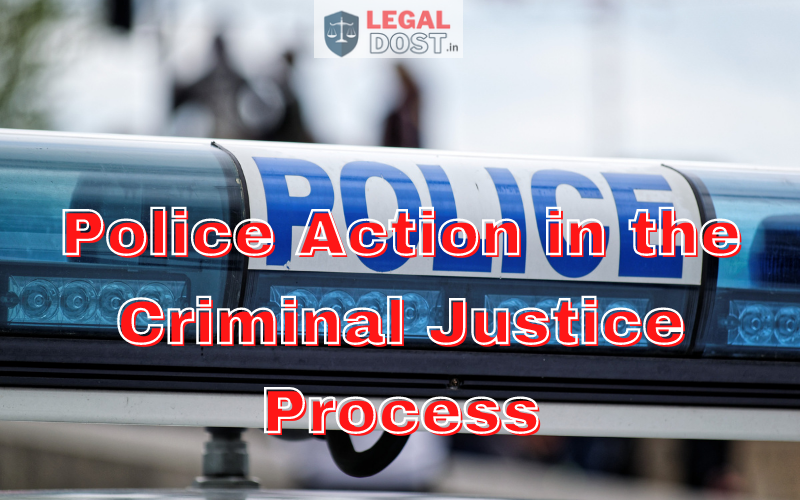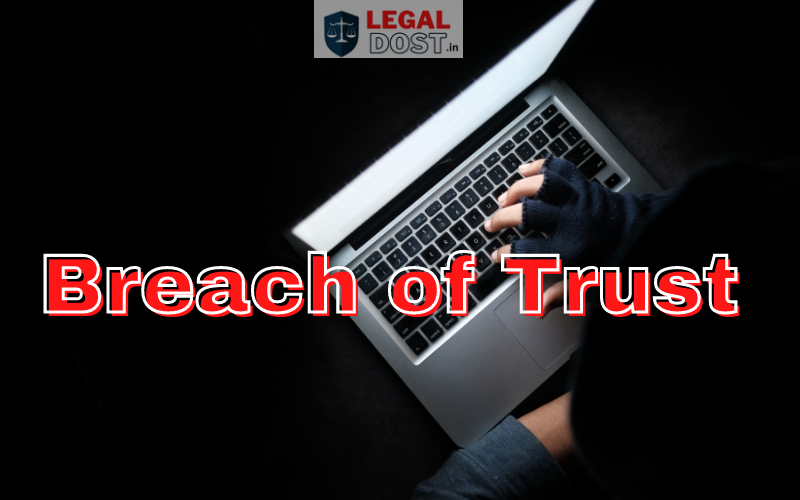Police action plays a crucial role in the criminal justice process, as it is the first step in enforcing laws and bringing perpetrators to justice. In India, the police are responsible for maintaining law and order, protecting the lives and property of citizens, and investigating crimes.
As a beginner, it is important to understand the different stages of police action in the criminal justice process in India.
The Role of the Police in the Criminal Justice Process
The police are the first point of contact for individuals who report crimes or suspicious activity. They are responsible for collecting evidence, questioning witnesses, and arresting suspects. The police also play a key role in maintaining public order and preventing crime through patrols, community policing, and intelligence gathering.
The Investigation Process
Once a crime has been reported, the police begin the investigation process. This involves:
- Collecting evidence: The police gather physical evidence from the crime scene, such as fingerprints, DNA, and other forensic evidence. They also interview witnesses and gather statements from them.
- Questioning suspects: If the police have a suspect in mind, they will question them about the crime and gather any additional evidence or information.
- Arresting suspects: If the police have enough evidence to charge a suspect with a crime, they will arrest them and bring them into custody.
The Charging Process
After the investigation process is complete, the police will decide whether to charge the suspect with a crime. If the police believe that there is enough evidence to charge the suspect, they will prepare a charge sheet and present it to the court.
The Court Process
If the suspect is charged with a crime, they will go through the court process. This involves:
- The bail hearing: The suspect has the right to request bail, which is a form of release from custody while the case is ongoing. The court will decide whether to grant bail based on the severity of the crime and the risk of the suspect fleeing or committing more crimes.
- The trial: If the suspect does not receive bail, they will be held in custody until the trial begins. During the trial, the prosecution presents its case against the suspect, and the defense has the opportunity to challenge the evidence and present its own case. The judge or jury will then decide whether the suspect is guilty or innocent.
- The sentencing: If the suspect is found guilty, the judge will decide on an appropriate sentence based on the severity of the crime. This could include jail time, fines, or community service.
Appeals
If the suspect is not satisfied with the outcome of the trial, they have the right to appeal the decision. This involves presenting new evidence or arguments to a higher court in an attempt to overturn the original decision.
Important Points:
- The police are responsible for enforcing laws and bringing perpetrators to justice.
- They collect evidence, interview witnesses, and arrest suspects.
- The police decide whether to charge a suspect with a crime based on the evidence gathered.
- The suspect has the right to request bail during the court process.
- The trial involves the prosecution presenting its case and the defense challenging the evidence.
- If the suspect is found guilty, the judge will decide on an appropriate sentence.
- The suspect has the right to appeal the decision if they are not satisfied with the outcome.
It is important to remember that every case is different, and the criminal justice process can vary depending on the specifics of the crime and the evidence available. However, understanding the general steps involved in police action in the criminal
Tips for Individuals Involved in the Criminal Justice Process
- Cooperate with the police: If you are a witness or victim of a crime, it is important to cooperate with the police as much as possible. This includes providing any information you have about the crime and any evidence you have collected.
- Seek legal representation: If you are charged with a crime or are a suspect in an investigation, it is essential to seek legal representation. An experienced lawyer can help protect your rights and ensure that you receive a fair trial.
- Be prepared for the court process: The court process can be intimidating, especially if you have never been involved in it before. It is important to be prepared for the bail hearing, the trial, and the sentencing, and to understand your rights and responsibilities.
- Follow the terms of your sentence: If you are found guilty of a crime, it is important to follow the terms of your sentence. This includes completing any community service or rehabilitation programs, paying fines, and serving any jail time.
In addition to understanding the steps involved in police action in the criminal justice process, it is also important to be aware of your rights as an individual. In India, the police must follow certain procedures when arresting or questioning suspects, and individuals have the right to legal representation and a fair trial.
It is also important to remember that the criminal justice system is not perfect, and there have been instances of corruption and misconduct within the police force. If you feel that your rights have been violated or that you have been treated unfairly, it is important to speak out and seek help from legal or advocacy groups.
Additionally, it is important to educate yourself about the criminal justice system and your rights as an individual. This can help you navigate the process more confidently and ensure that you receive fair treatment.
In conclusion, the police play a crucial role in the criminal justice process in India, but it is important for individuals to understand their rights and responsibilities within the system. By educating yourself and seeking legal representation when necessary, you can protect your rights and ensure that you receive fair treatment.
Bibhu Mishra is a prolific writer who has published many books spanning various genres. He is a legal enthusiast and an avid researcher of cutting-edge technology, diving into fascinating realms to bring captivating narratives to life.



